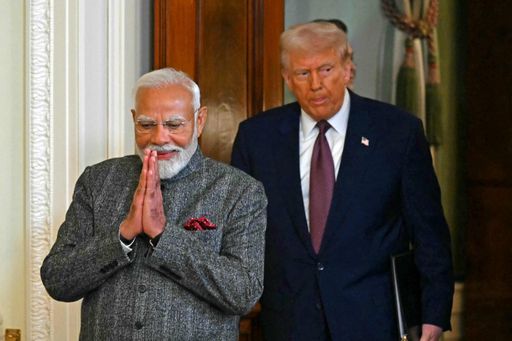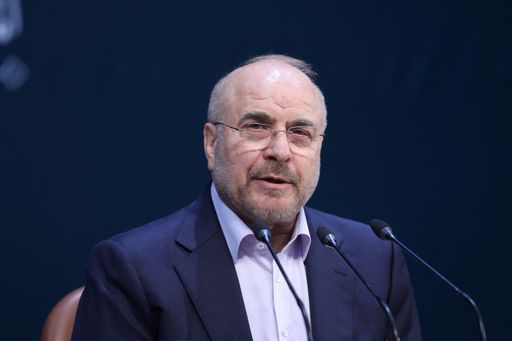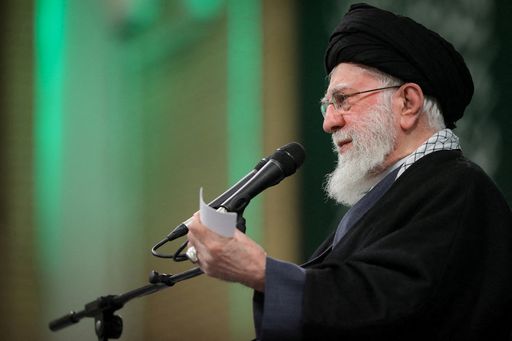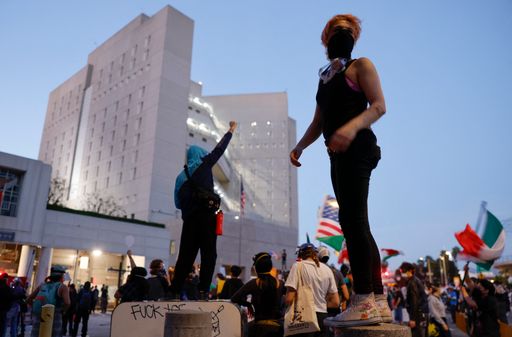Sport
Dollar
43,5444
0.02 %Euro
51,5537
0.2 %Gram Gold
6.985,1500
1.09 %Quarter Gold
12.309,5300
0 %Silver
124,2400
1.46 %US President Trump and his Russian counterpart, Putin, are expected to discuss a possible deal to end the war in Ukraine when they meet in Alaska on Friday. Experts say a lot of ice needs to break to reach a deal.
Washington DC — Come Friday, the leaders of the US and Russia are scheduled to meet in Alaska to explore the possibility of reaching an agreement to end the war in Ukraine, which has been ongoing since February 2022.
This summit follows multiple rounds of talks, phone conversations, and diplomatic tours that have failed to yield a breakthrough.
In July 2025, three rounds of negotiations between Russia and Ukraine took place in Istanbul, Türkiye. Despite agreements on prisoner exchanges and body swaps, the parties couldn’t reach a truce in the conflict, which has killed tens of thousands of civilians and soldiers and inflicted significant economic and infrastructural damage on the European neighbours.
On Monday, US President Donald Trump stated at a White House press conference that his talks with his Russian counterpart, Vladimir Putin at the Alaska summit would be a "feel-out meeting" to determine Putin's willingness to make a deal.
While the Trump administration is seeking "some negotiated settlement that the Ukrainians and the Russians can live with", it remains uncertain whether the Trump-Putin summit will bring a resolution to the Ukraine war any closer.
"The possibility exists," Mikhail Alexseev, a Professor of Political Science at San Diego State University, California, tells TRT World.
"The most plausible path toward that would be if Putin agrees to Trump's earlier 30-day unconditional ceasefire proposal, to which Ukraine had long agreed."
Alexseev suggests that this hinges on whether Trump's recent actions — including the threat to reposition nuclear submarines closer to Russia, additional tariffs on India for buying Russian energy, and an agreement with NATO to ship more weapons to Ukraine — have sufficiently convinced Putin that the West will more strongly support Ukraine than before.
Flurry of diplomatic activity
The summit's location holds considerable significance. Both the US and Russia are familiar with the territory.
Putin will fly across the Bering Strait in his first visit by a Russian leader to Alaska, even though it was part of the czarist empire until 1867.
Alaska was colonised by the Russian Empire from the 18th century. Czar Alexander II sold it to the US in 1867 for $7.2 million.
And since Trump announced the summit location with Putin, diplomatic activity has surged.
The Foreign Ministers of the European Union have expressed support for US steps that will lead to "a just peace" in Ukraine, with the bloc's Foreign Policy Chief Kaja Kallas calling for "more sanctions against Russia, more military support for Ukraine and more support for Ukraine's budgetary needs and accession process to join the EU"
Ukraine's President Volodymyr Zelenskyy has engaged with more than 13 counterparts over four days, including key allies such as Germany, Britain, and France.
On Monday, he engaged with Canadian, Indian, and Saudi Arabian leaders to garner international backing for his nation beyond Europe.
Putin has also made a flurry of calls in recent days, speaking to the leaders of China, India, Brazil, and three ex-Soviet states to brief them on his meeting with Trump.
Meanwhile, Germany is convening a virtual meeting of European leaders on Wednesday to discuss how to pressure Russia ahead of a European call with Trump. Ukraine's leader and EU and NATO officials are expected to join the crucial meeting.
"I see little room for a ceasefire that equitably balances all parties' interests, especially one that acknowledges Ukraine's legitimate claims to its occupied territories and provides meaningful security guarantees to deter future aggression," argues Mariya Y. Omelicheva, a Professor of Strategy at the National War College in Washington, DC-based National Defence University.
Omelicheva, who specialises in Russia's foreign policy as well as US security assistance to Ukraine, tells TRT World that ending a war by "pressuring a weaker party" (Ukraine) into an "unfavourable agreement" may not end the conflict.
"Unfortunately, Russia and Ukraine remain locked in fundamentally incompatible claims. Russia seeks territorial expansion and aims to deny Ukraine its independent nationhood. Ukraine's sovereignty is at risk as long as Russia occupies large portions of its territory and no credible mechanisms exist to deter future invasions," says Omelicheva.
Trump's land swap pitch
Prior to the summit, Trump and his administration had discussed land swaps to end the Russia-Ukraine war, a proposal Zelenskyy strongly opposes.
Speaking to reporters on Monday, Trump said, "There'll be some land swapping going on. I know that through Russia and through conversations with everybody, to the good of Ukraine." Trump said Russia had occupied some "very prime territory" but "we're going to try to get some of that territory back."
Comments
No comments Yet




















Comment